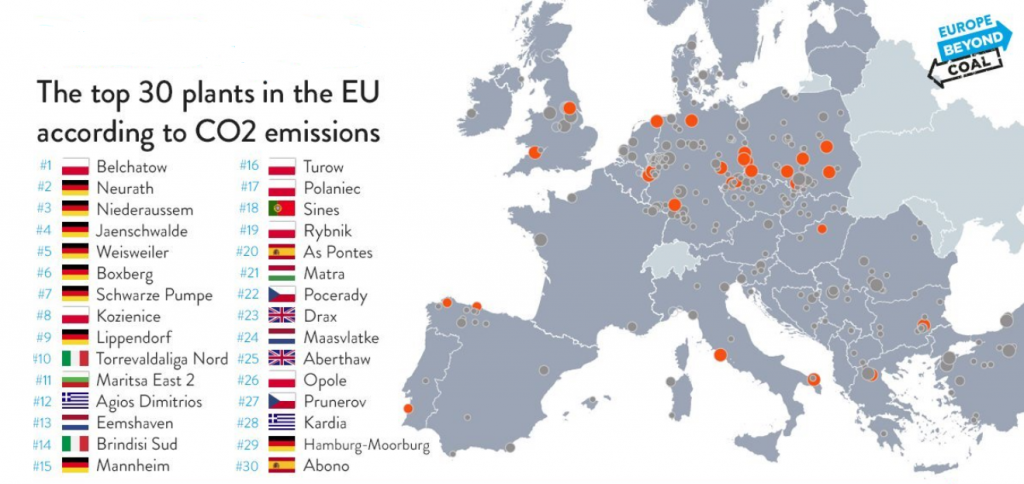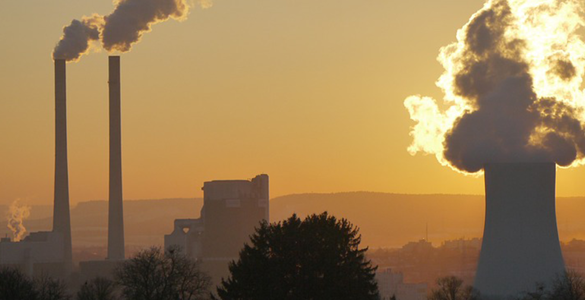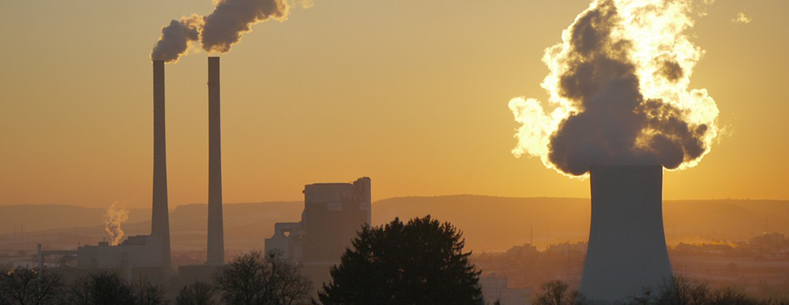What is the COP23 climate change summit?
The twenty-third session of the annual Conference of Parties (COP) to the United Nations Convention on Climate Change (UNFCCC), known as COP23, took place from 6-17 November in Bonn, Germany. It was hosted by the Government of Fiji, which, as a developing island state, is one of the countries most vulnerable to the impacts of climate change.
The primary focus of COP23 was for countries to agree the ‘rulebook’ on how the Paris Agreement will be fulfilled. The Agreement was ratified in November 2016 and has seen almost every country party to the  Convention (170 to date) pledge to constrain their greenhouse gas emissions, with an aim to keep the global temperature rise this century below 2 degrees Celsius above pre-industrial levels. Previous In Brief blog articles have summarised the detail of the agreement and highlighted its importance in context of previous UNFCCC work.
Convention (170 to date) pledge to constrain their greenhouse gas emissions, with an aim to keep the global temperature rise this century below 2 degrees Celsius above pre-industrial levels. Previous In Brief blog articles have summarised the detail of the agreement and highlighted its importance in context of previous UNFCCC work.
The Kyoto Protocol was adopted in 1997 and committed the countries that were the source of most past and current greenhouse gas emissions to internationally binding emission reduction targets. The Doha Amendment to the Kyoto Protocol was adopted in 2012 and commits countries to reduce greenhouse gas emission by at least 18% below 1999 levels by 2020. To bring the amendment into force 143 states are required to ratify it, to date, 91 states, including the UK, have done so.
What happened at COP23?
Several announcements and commitments were made during COP23. Highlights include the following:
- Developing countries negotiated the inclusion of pre-2020 action and financial pledges by developed countries in the COP23 decision text (PDF 417KB). Pre-2020 action requires developed countries to reduce emissions (through the Doha Amendment). This is needed to ensure a peak in global emissions by 2020 in order to meet the Paris Agreement goal;
- The EU and its member states announced their intention to ratify the Doha Amendment by the end of this year. The UK’s reduction target is 19% by 2020. Under the Environment (Wales) Act 2016, the Welsh Government has committed to an 80% reduction by 2050 and will set an interim 2020 target by the end of 2018;
- The Bonn-Fiji Commitment (PDF 192KB) was signed by the Local and Regional Governments, including Rebecca Ashcroft on behalf of the Welsh Government. It commits the local and regional leaders to implement the Paris Agreement in their jurisdictions and was seen as a ‘bottom-up’ initiative to encourage greater action from country leaders; and
- The UK Minister for Climate Change and Industry, Claire Perry MP, and Canada’s Minister of Environment and Climate Change, Catherine McKenna MP, launched the Powering Past Coal Alliance to phase out ‘unabated’ coal (power stations where carbon dioxide is not captured and buried underground). To date 20 countries have signed up, with an aim to have 50 signatories by next year’s COP24.
Why a drive to phase out coal?
The latest UN Environment Programme Emissions Gap Report (2017) shows that countries’ current Paris Agreement pledges to reduce greenhouse gas emissions will only deliver a third of what is needed to stay below 2 degrees Celsius of warming. Coal is still used to generate 40% of the world’s electricity, despite being regarded by some as the ‘dirtiest’ fossil fuel.
According to Europe Beyond Coal, Wales’ last coal-fired power station, Aberthaw, is the 25th top carbon dioxide emitting plant (see figure below) and the 18th most damaging to health in the EU. In September 2016, the UK Government was found by the European Court of Justice to have failed to limit its emissions of nitrogen oxide (a pollutant with health implications) which were at twice the legal limit. This issue was raised in Plenary and Jane Hutt AM reported on behalf of then Cabinet Secretary for Environment and Rural Affairs, that Natural Resources Wales had issued Aberthaw power station with a new permit on 1 April 2017. This permit contained a lower nitrogen oxide emissions limit in line with the Court’s ruling.  Because of the high greenhouse gas emissions and health-damaging pollutants emitted from coal-fired power plants, phasing out the use of unabated coal is seen as an important step towards meeting the Paris Agreement. Analysis by non-profit Climate Analytics has shown that coal phase-out is needed by no later than 2030 in the EU states and in the Organisation for Economic Co-operation and Development (OECD) countries; and, by no later than 2050 in the rest of the world. In 2015, the UK committed to close all coal-fired power stations by 2025. In December 2016, the Welsh Government announced that it would support the phasing out of unabated coal-fired power by 2025 and would use its planning powers to limit the opportunities for new coal development.
Because of the high greenhouse gas emissions and health-damaging pollutants emitted from coal-fired power plants, phasing out the use of unabated coal is seen as an important step towards meeting the Paris Agreement. Analysis by non-profit Climate Analytics has shown that coal phase-out is needed by no later than 2030 in the EU states and in the Organisation for Economic Co-operation and Development (OECD) countries; and, by no later than 2050 in the rest of the world. In 2015, the UK committed to close all coal-fired power stations by 2025. In December 2016, the Welsh Government announced that it would support the phasing out of unabated coal-fired power by 2025 and would use its planning powers to limit the opportunities for new coal development.
As yet, none of the countries that are significant coal consumers, including China and Germany, have joined the Powering Past Coal Alliance. The establishment of this Alliance follows 2017 witnessing an increase in global carbon dioxide emissions for the first time in 3 years, largely due to a spike in coal-use in China. The countries who signed up are responsible for only 3% of the world’s coal use. However, the UK Minister for Climate Change and Industry, Claire Perry MP highlighted that the Alliance can show others how to move away from coal:
In July 2012, our [the UK’s] generation profile still included 40% coal. In July this year, this fell to 2% and in April, the UK had its first full day when no coal was used for 135 years.
The Research Service acknowledges the parliamentary fellowship provided to Moya Macdonald by the Natural Environment Research Council, which enabled this blog to be completed.
Article by Moya Macdonald, National Assembly for Wales Research Service
Image from COP23 Image from Europe Beyond Coal






